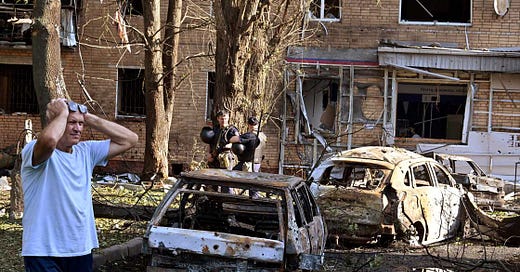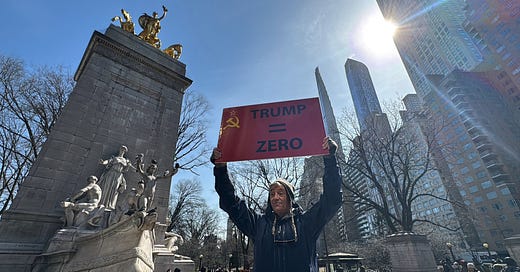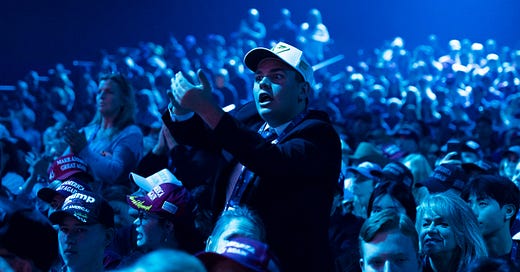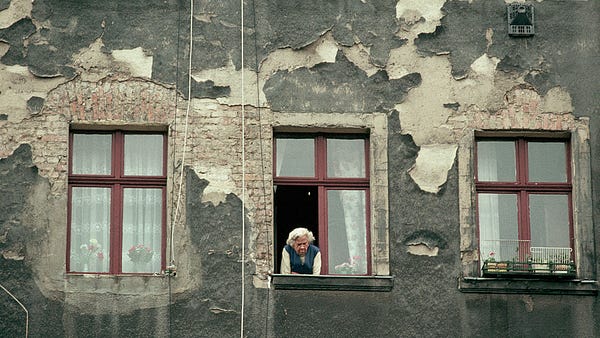
There hasn’t been much good news out of Ukraine lately. This summer, Russia had been making steady advances in the east and has hit civilian sites, including a children’s hospital, in major cities. Combine that with Ukraine’s depleted forces, and a feeling of grim inevitability has hung over the Ukraine-Russia war in recent months. But last week, Ukrainian forces caught the Russians by surprise with an incursion into Russia’s Kursk region. On Monday, Ukraine’s top military commander said that his forces now control 386 square miles of Russian territory.
According H.R. McMaster, a former national security adviser and now a fellow at the Hoover Institution, the breakthrough is “very significant.” When we spoke on Monday, he told me that the Ukrainian gains matter not just because of the battlefield advantages they bring with them—such as the ability to target Russia’s long-range weapons systems—but also because they “demonstrate the profound weakness of the Russians and give lie to the mantra of de-escalation.” The way you win a war, says McMaster, is by “seizing and retaining the initiative,” adding that “the idea the Ukrainians could achieve a favorable settlement out of a cease-fire or negotiation without first being able to achieve military gains is ridiculous.”
For years, Ukraine’s Western allies have opposed major attacks on Russian soil. But Washington and Berlin have not objected to this push into Kursk, a change McMaster welcomes. “I just think that the Biden administration has been laboring under the idea that you can manage wars instead of trying to win them. The self-limiting nature of our support for Ukraine has actually been self-defeating.”
Until now, Western Ukraine policy was built on a miscalculation of Russia’s strength and a misunderstanding of its leader, he says. “The misconception about Putin since he took over in 2000 is that all we need to do is allay his security concerns.” But “Putin’s aspirations go far beyond just being a reaction to what we do.” Far better than a policy of “de-escalation” is a display of strength. “What deters Putin and what can prevent Putin from continuing his aggression is strength. What provokes Putin is the perception of weakness.”
McMaster urges Western powers to help Ukraine seize the initiative with more support after this breakthrough. “I see it as analogous to Washington crossing the Delaware in December of 1776,” he explains. “That didn’t end the war, but it was a critical step in regaining the initiative when everyone thought the cause was lost.”
Oliver Wiseman is a writer and editor for The Free Press. Follow him on X @ollywiseman.
To support The Free Press, become a paid subscriber today:















I think the man deserves to be called general, or lieutenant general, Mr. Wiseman.
I’ve always held a great respect for LTG McMaster, and I hope his assessment is accurate.
Personally, I’m leaning toward a wait-and-see attitude rather than a cheerleading one. Since the day Russia invaded, it’s been incredible difficult to believe any of hype coming out of Ukraine (and, no, I’m not suggesting Pravda is any better).
From “the Ghost of Kiev” to the valiant dying defense of Snake Island to Ukraine “accidentally” striking Poland and blaming it on Russia, the propaganda has been overwhelming. Pushing into Russia does more than simply insult Mr. Putin, it risks putting him on dying ground - the only person who benefits from direct US/NATO involvement is Mr. Zelenskyy, but Russia may be given little option besides escalating to exactly that - and I don’t think the general population of the western world has the intestinal fortitude to do what that demands.